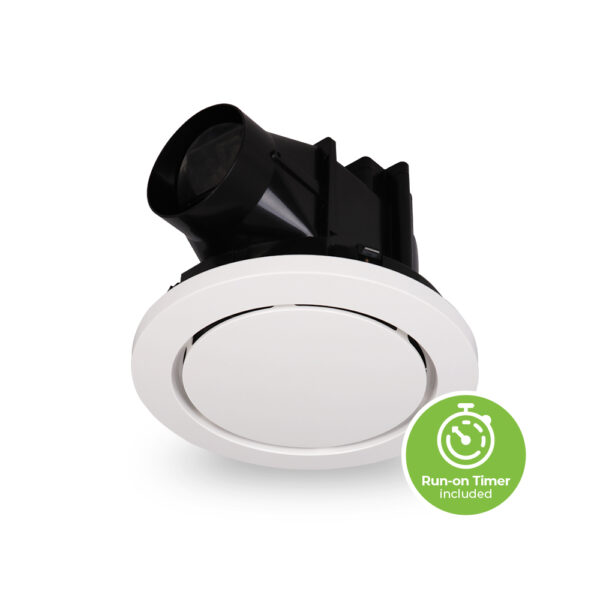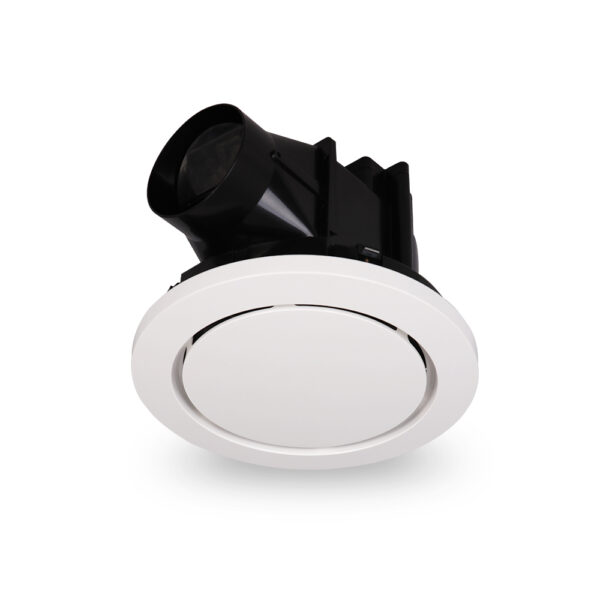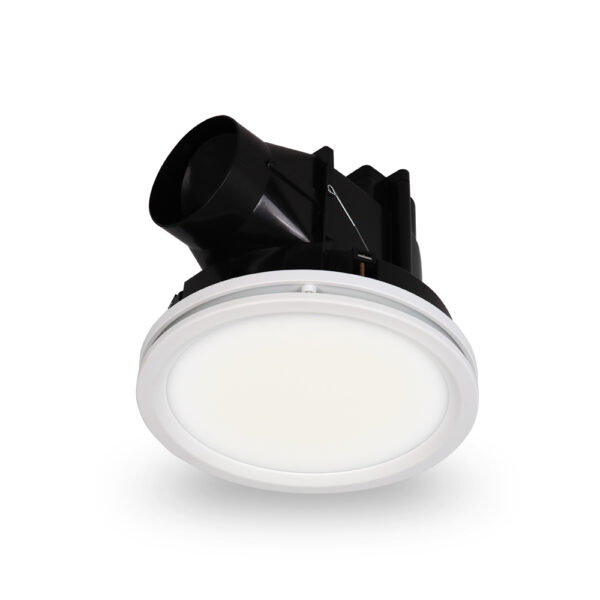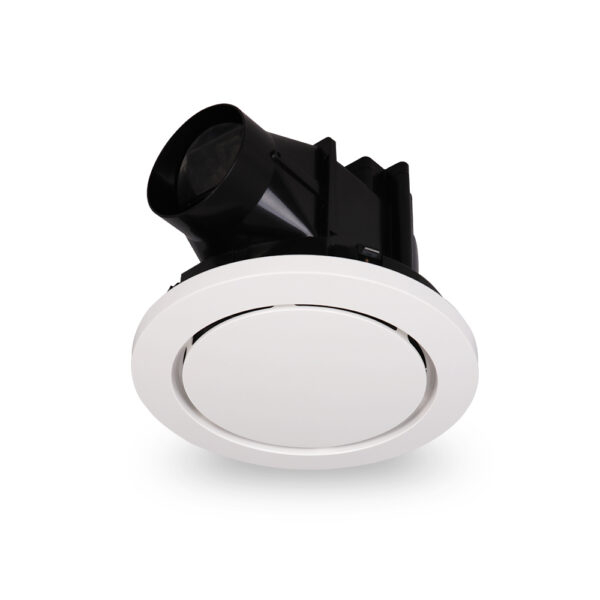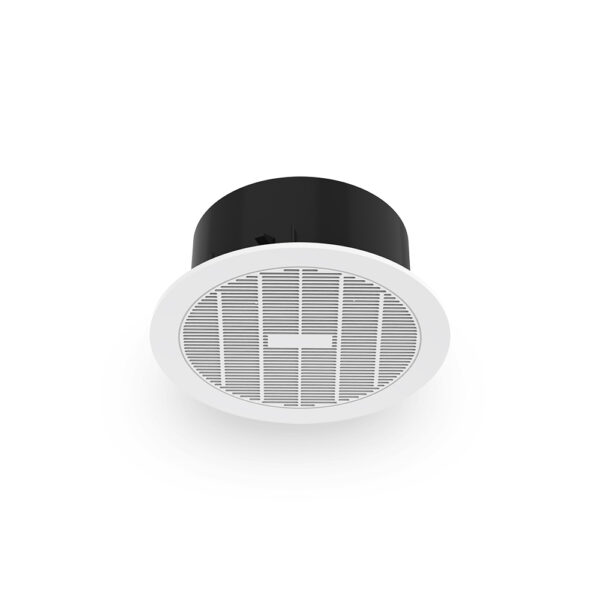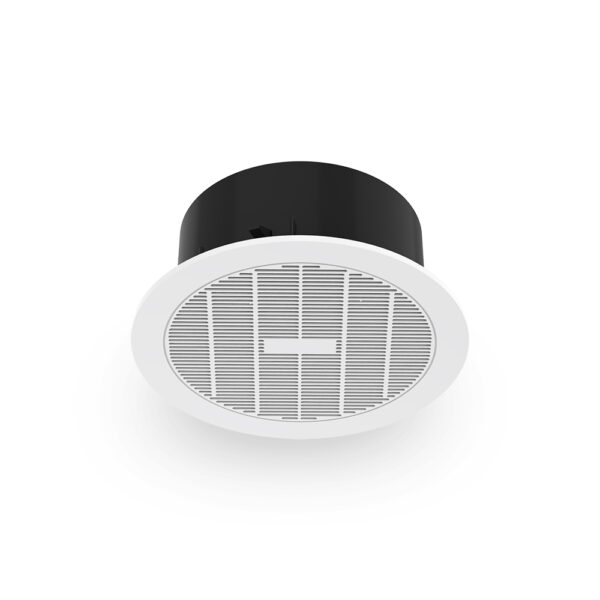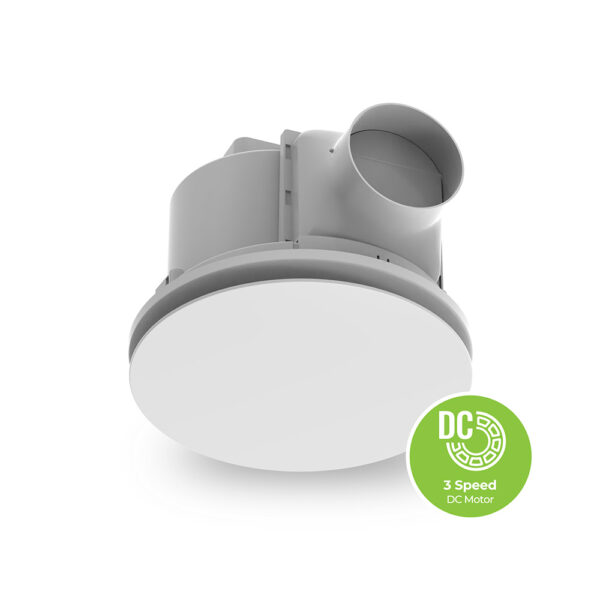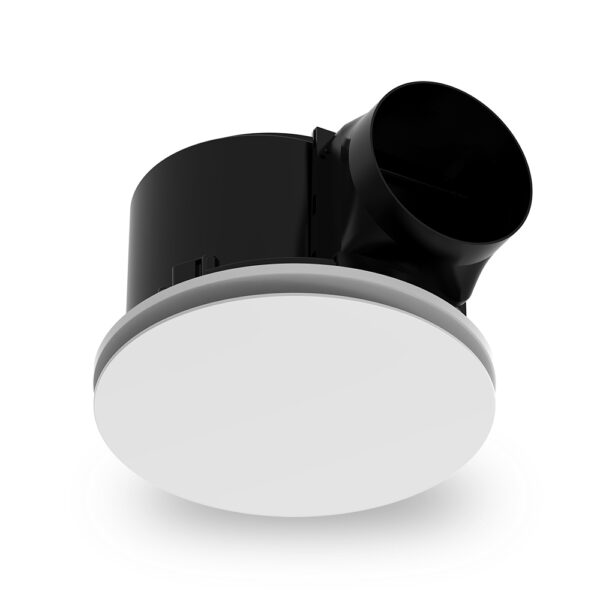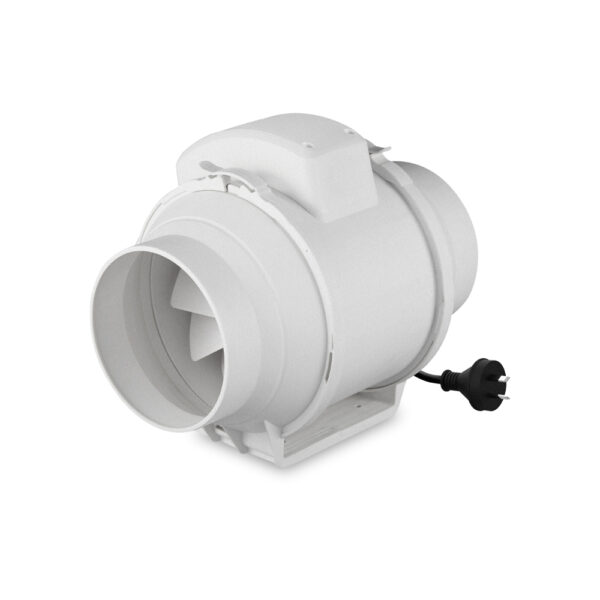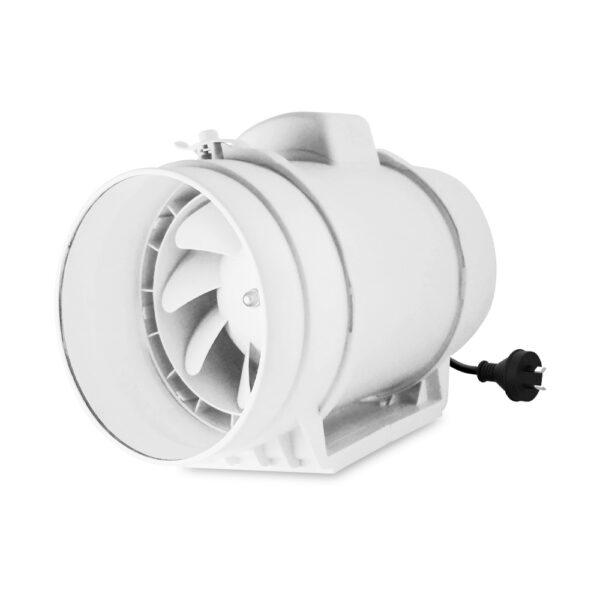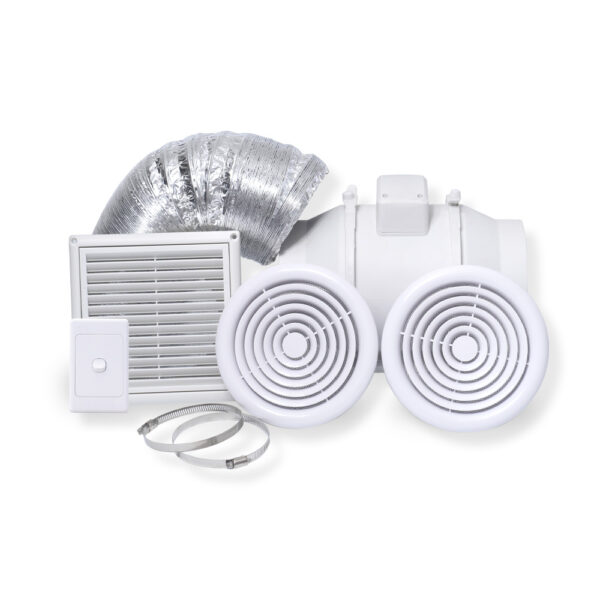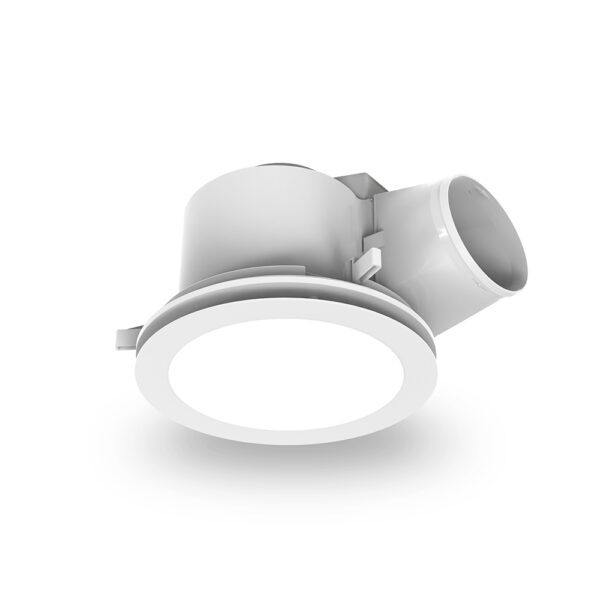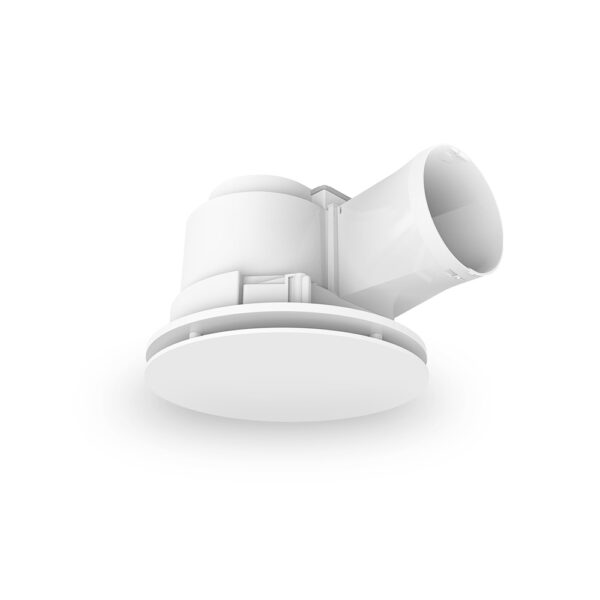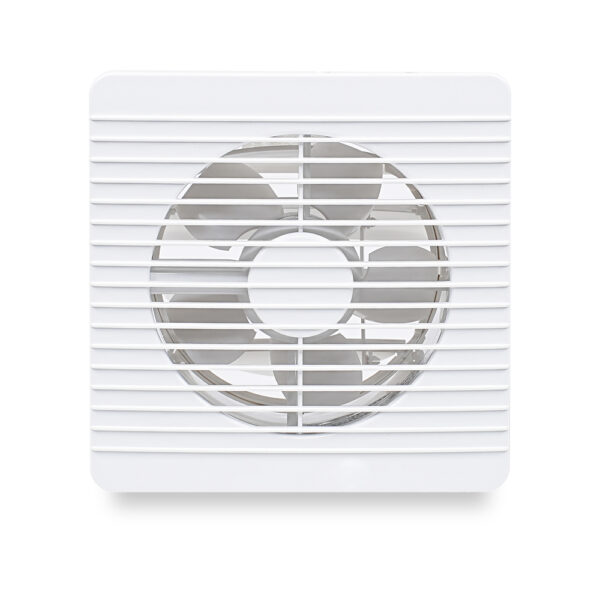Blog
Key considerations when selecting an exhaust fan
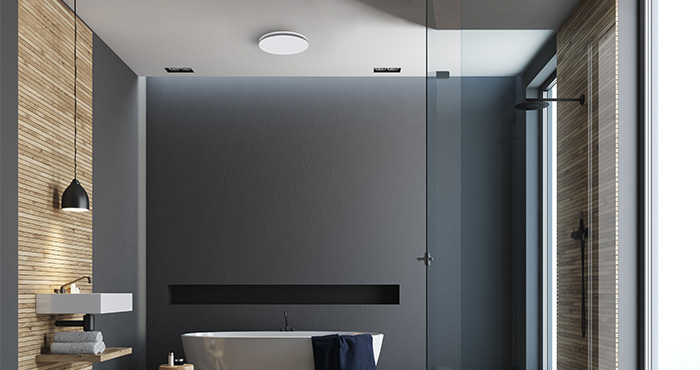
A well-ventilated space is essential for maintaining a healthy living environment. When we think about ventilation, we often consider it from the perspective of keeping the air fresh and reducing odours.
However, there is another crucial aspect of ventilation that is often overlooked – moisture control. If there is insufficient airflow, there is a significant chance of moisture and mould accumulation, which will result in additional cleaning and upkeep, as well as potential long-term health concerns.

Adequate ventilation
For the exhaust fan to function effectively, an equal volume of replacement air must be able to enter the room; the fan will not function efficiently in an airtight room.
This is generally via on open window, vent or drawn under the door. Choose an exhaust fan that has a draught stopper and ensure that the ducting is properly sealed to prevent air from leaking back into the bathroom.
Location, location, location
For best results in removing moisture, the exhaust fan should be positioned as close as possible to the source of the moisture and away from any source of replacement air. Placing the exhaust away from doors or windows creates cross-ventilation, ensuring that it can effectively service the entire room.
For best results, we do not recommend placing exhaust fans and bathroom heaters directly above shower recesses. Please refer to AS/NZS 3000 in relation to individual models for further information on wet zone requirements when locating exhausts or bathroom heaters close to, or above showers and other wet zones.
Ducting
Building regulations dictate that in most cases, exhaust fans must be ducted to the outside, and not into a ceiling or wall cavity. For optimal performance of your exhaust fan, it’s important to keep duct runs as short as possible and without excessive bends. Lengthy ductwork or unnecessary turns increases the effort required from the fan to extract air, reducing its efficiency.
Other factors to consider
There are several factors that might suggest you require a more powerful exhaust fan.
-
A high ceiling means that there is a larger volume of air and the exhaust is positioned further away from the moisture source, making it more challenging for the exhaust fan to effectively remove moisture.
- Open showers, with their popular clean and open design, can result in the dispersal of more steam, leading to a need for a more powerful exhaust fan.
- High humidity levels can increase the amount of moisture in the air and slow down air movement, further hindering the efficiency of the exhaust fan.
Stay up to date. Join our mailing list





